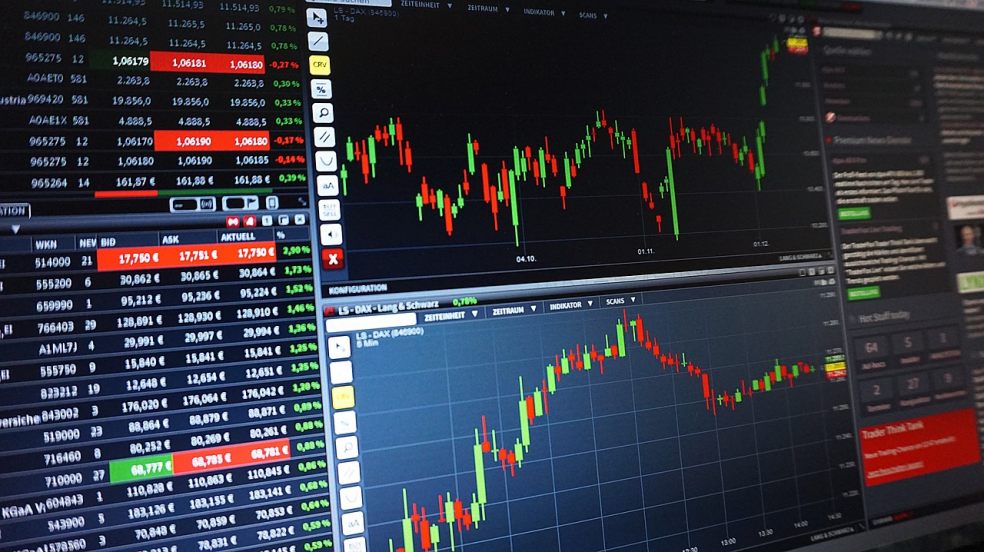
How to Start Trading Forex Safely - 4 Tips for Success
Forex trading can be very lucrative, but it can also be equally risky. If you don’t know what you’re doing, you can lose a lot of money very quickly. To help you to avoid this, we’ve put together 4 tips on how to start trading Forex safely while you’re still getting your feet wet.
1. Avoid Automated Trading Systems
Sadly, a lot of first-time Forex traders fall victim to scams. The Forex market is built on money; scammers know that a lot of hopeful traders are looking for a way to make a quick, easy buck, and will take advantage of that in any way that they can.
One of the most common scams involves so-called automated trading systems. These computer programs basically act like robots that will automatically invest your money for you by performing Forex trades based on certain pre-set rules.
It sounds great, in theory. Just let the robot do all the work for you and watch your bank balance climb upwards. This sounds too good to be true, and unfortunately, it is. As you’ve probably guessed, these systems don’t work.
If they did, the developers of these programs wouldn’t bother selling them to the public. They’d just use them. It’s advisable to stay away from any automated trading systems in the beginning, particularly if they cost money, as they’re probably a scam.
2. Learn the Theory First
Forex trading is a very complicated and sophisticated skill. To become successful, you need to have a real in-depth understanding of financial markets, trading strategies, and technical analysis.
There’s a lot to learn. If you dive in headfirst without knowing the basic theories of how to trade Forex, you’ll be doing little more than gambling. Start out by reading some comprehensive introductions to Forex and learn about things like currency pairs, Forex indicators, common strategies, pips and spreads, and anything else that’s relevant.
3. Test the Waters with Virtual Markets First
After you’ve finished learning the theory, move on to virtual markets before you invest money in the real-deal. These virtual Forex markets allow you to perform ‘fake’ trades with virtual currencies in a simulation of the real market.
This allows you to practice trading under real economic conditions without actually risking any of your money. It’s a very important step as you’re likely to lose more often than you win in the beginning, and trading with virtual currencies protects your finances during this early period.
4. Start Small and Be Cautious With Leverage
So, you’ve been trading on a virtual market for a few months and you think you’re ready to start trading for real. You may be right, but even still, it’s important to be careful in the beginning. When it’s real money on the line, your emotions can get the better of you, and you might lose money more easily.
As such, try to start small and avoid using leverage. Leverage is a system in which you ‘borrow’ money from your broker in order to trade with larger volumes. It increases your potential profits but, importantly, it also increases your potential losses. That’s why it’s better to steer clear of leverage until you’ve had a lot of experience.

















